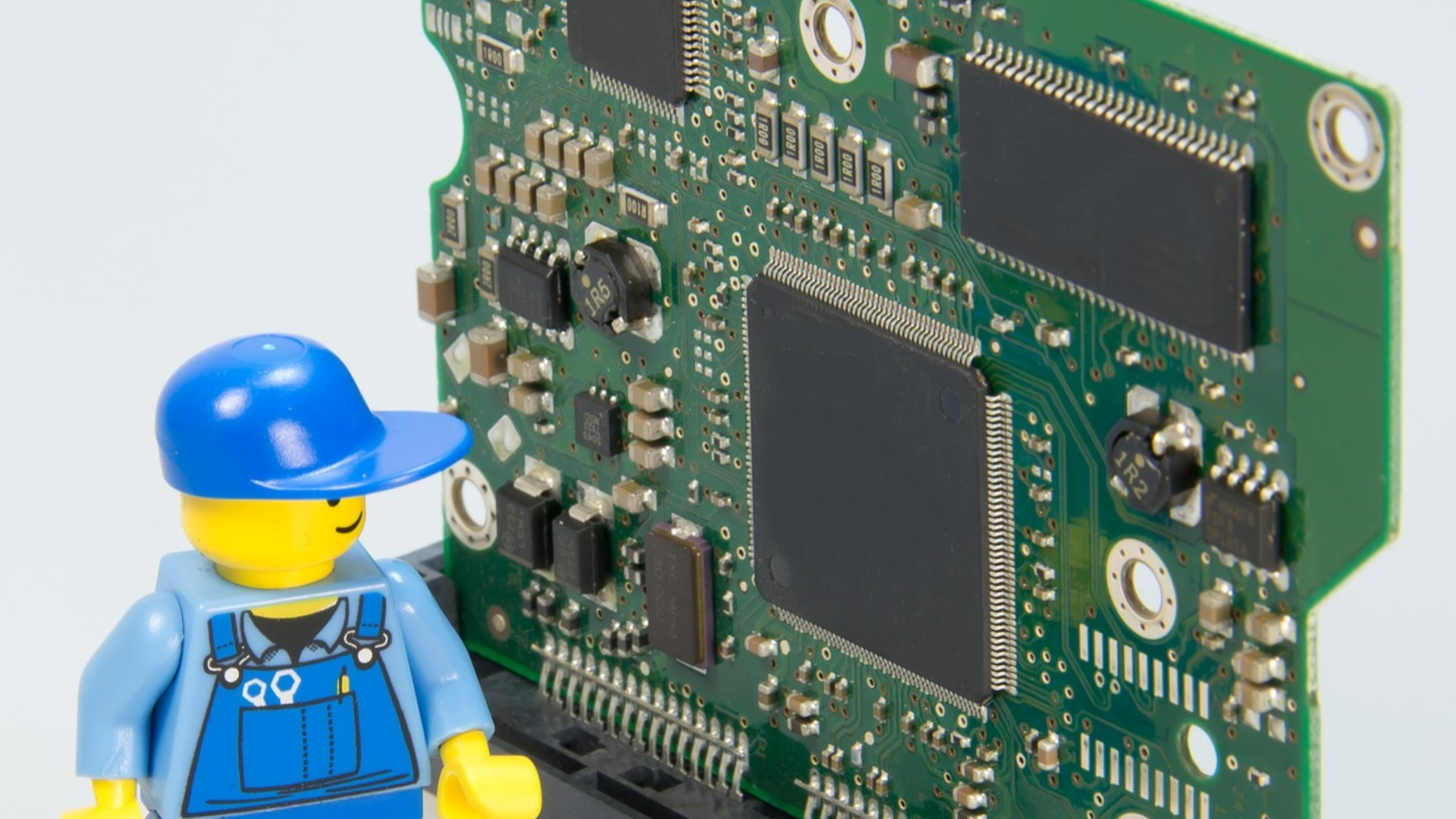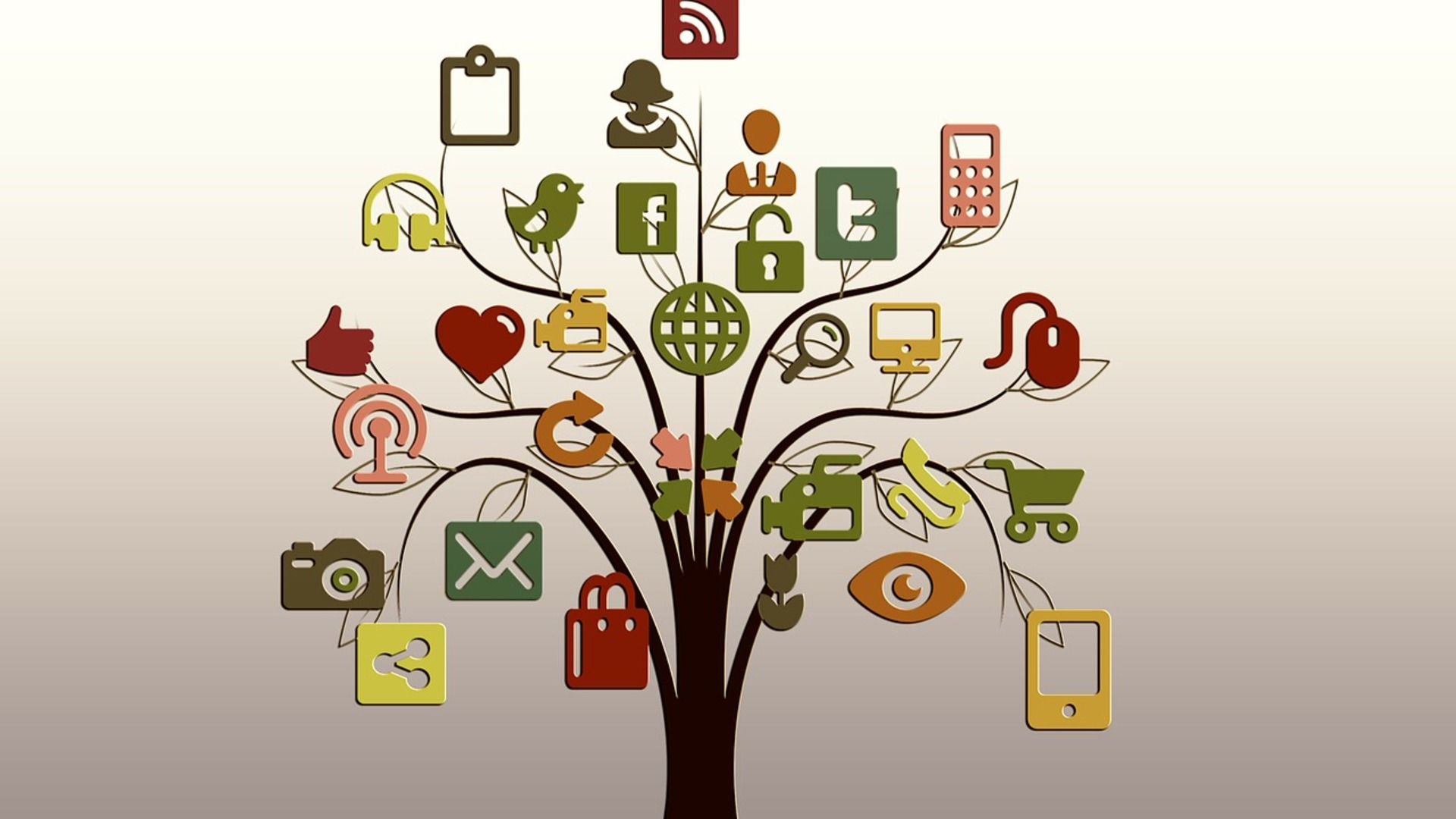Bridging the Technology Gap
The world of computing has come a long way in the area of usability. It’s possible for anyone to pick up a device and find their way around it because of clean graphical user interfaces. Don’t get me wrong, it’s a great thing that makes the Internet accessible to everyone no matter of age. The problem is that this is moving a large part of the population to the point where they are computer illiterate, with little to no understanding of how to fix or how to manage their own computers. As we collectively decide to delegate the duties of maintaining and building devices to the IT departments and engineers - who many think rather low of - we start to remove the understanding of how to manage an increasingly computerized world from policy makers.
As we move to more accessible computers, we start to introduce kids to technology at younger and younger ages, it’s easy to lead ourselves to believe that kids are getting increasingly computer literate. While we are giving kids acce...





